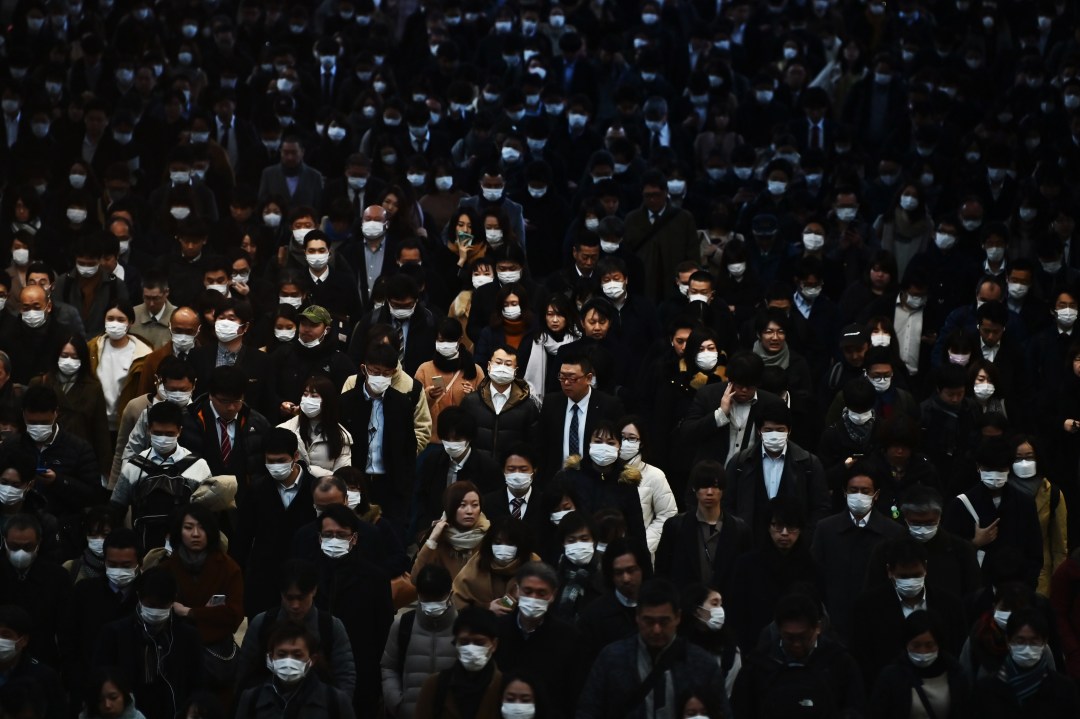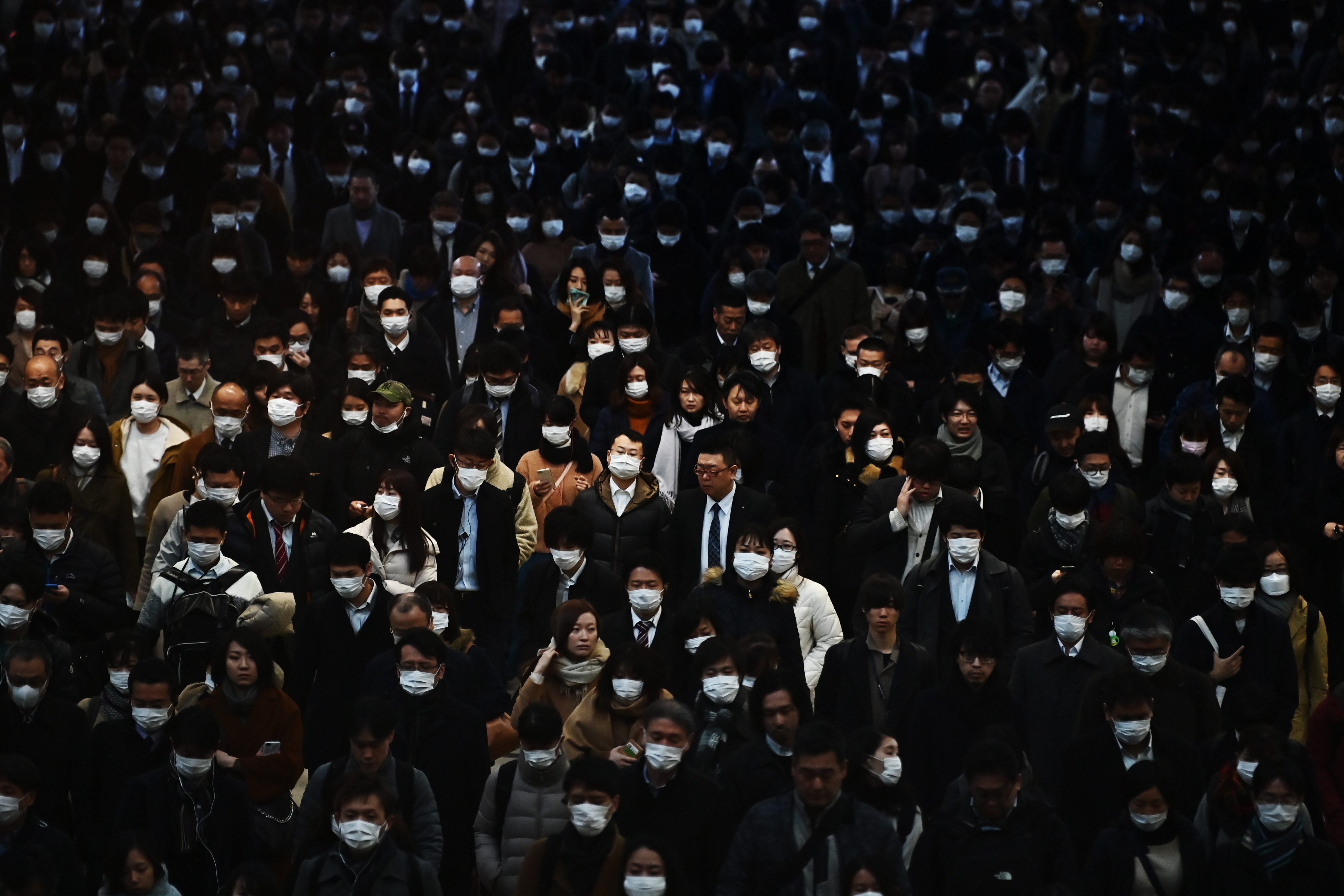Are the world’s hardest workers about to get a well-earned break? That seems to be the hope of the Japanese government, which is trying to encourage companies to ease off a bit and allow their exhausted staff the luxury of a four-day working week. It is hoped this will lead to a healthier work-life balance — or at least give workers a chance to retrain. As an idea, it sounds great. Whether it will actually work is another matter entirely.
In January, the ruling (always and forever) Liberal Democratic party drafted a proposal that firms should offer staff the option of a three-day weekend. The plan was then included in the annual budget and approved by PM Yoshihiro Suga’s cabinet this month, moving it from the ‘nice idea’ category to the ‘will be actively pursued’ stage.
Undoubtedly the scheme has much in its favour — at least in theory. Although pedants may point out that, according to OECD statistics, Japan is only the 22nd hardest working nation on earth, such figures take no account of the notorious ‘service zangyo’ or unpaid overtime system here.

Get Britain's best politics newsletters
Register to get The Spectator's insight and opinion straight to your inbox. You can then read two free articles each week.
Already a subscriber? Log in








Comments
Join the debate for just £1 a month
Be part of the conversation with other Spectator readers by getting your first three months for £3.
UNLOCK ACCESS Just £1 a monthAlready a subscriber? Log in